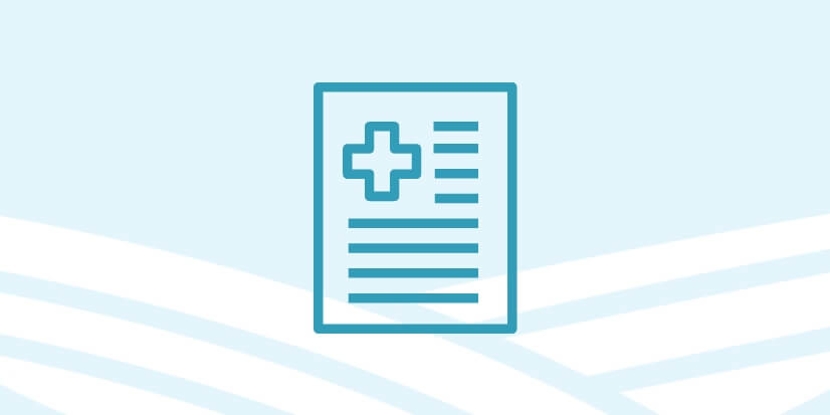RSV not only affects kids
- Category: Blogs, Newsletter
- Posted On:

Risks higher for infants & seniors
Public health officials have warned of a “tripledemic” this fall and winter due to surging cases and hospitalizations tied to three prominent respiratory viruses: the flu, COVID-19, and respiratory syncytial virus (RSV).
Contrary to some belief, children are not the only ones who can get RSV. The virus can affect anyone, but causes the most problems for infants and older adults (age 65 and older). RSV is so common that most children have been infected by RSV by age 2, according to the Centers for Disease Control and Prevention (CDC). “RSV season” usually starts in mid-fall and ends in early spring.
RSV is highly contagious, causing mild, cold-like symptoms. These include congested or runny nose, dry cough, low-grade fever, and headache. It is spread from person to person through coughing, sneezing, or touching objects that have the virus on them.
Most people recover from RSV in a week or two. However, it can be serious. RSV is the most common cause of bronchiolitis (inflammation of the small airways in the lung) and pneumonia (infection of the lungs) in children younger than 12 months old, according to the CDC. Some people may need to be hospitalized if they are having trouble breathing or are dehydrated. In severe cases, a person may require additional oxygen, IV fluids, or a breathing tube.
An RSV antibody or rapid detection test is commonly used to diagnose RSV in infants, seniors, and people with weakened immune systems. Healthy adults and older children usually do not need RSV testing due to mild symptoms, according to the National Institutes of Health. While there is no specific treatment for RSV, researchers are working to develop vaccines and antiviral medications.
Key facts about RSV
(American Lung Association)
- RSV is a common respiratory virus that causes cold-like symptoms in children and adults
- Severe RSV can be unpredictable and is the leading cause of hospitalization in infants.
- Adults age 65 and older, and adults with chronic conditions or weakened immune systems, are at high risk for developing severe RSV.
- People do not form long-lasting immunity to RSV and can become infected repeatedly over their lifetime


